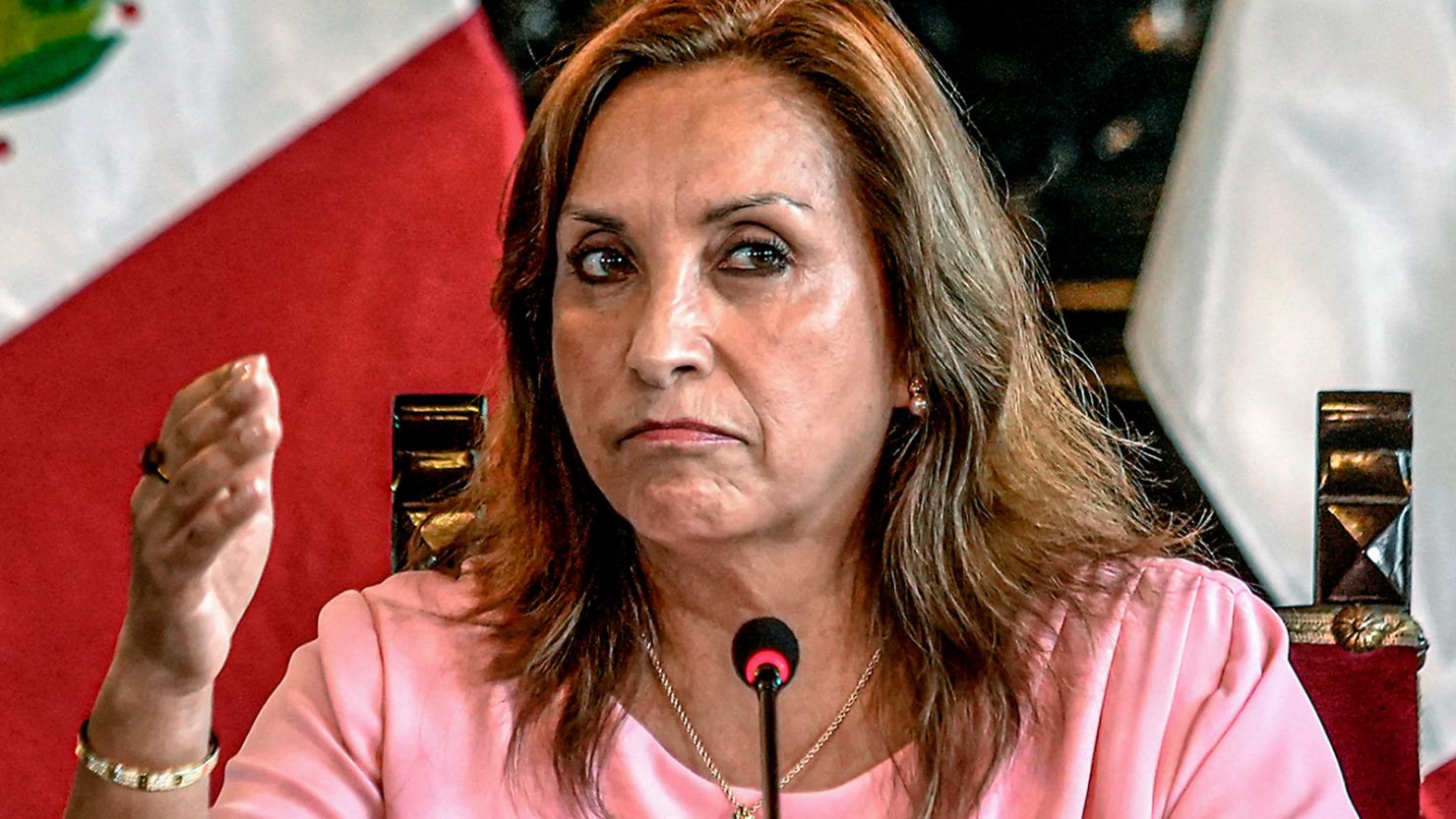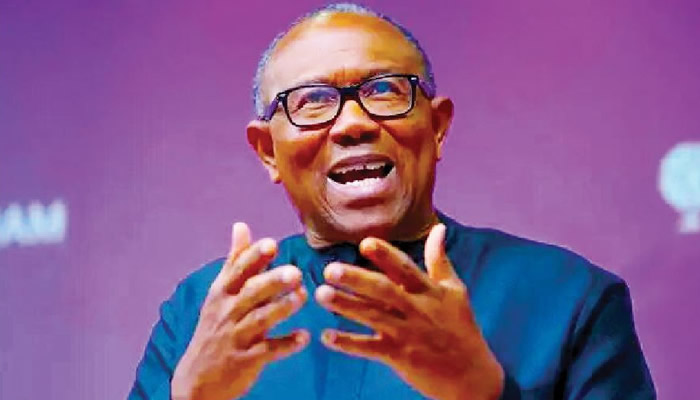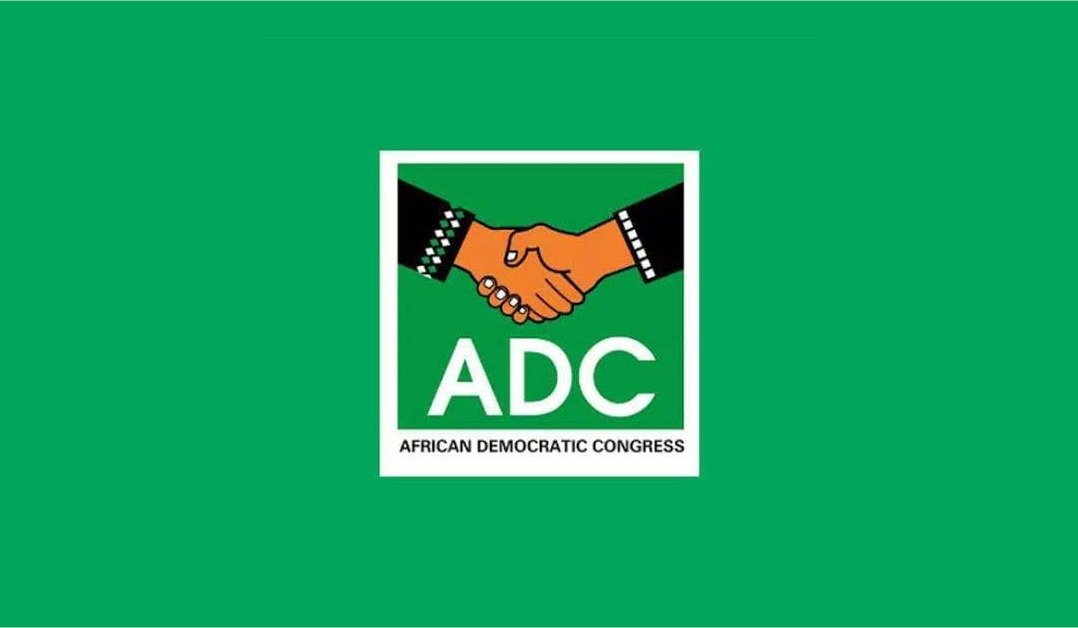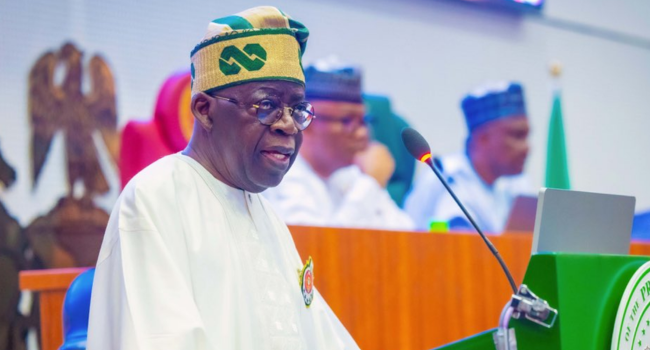By Ayomide Otitoju
The National Assembly has formally designated June 12 as the official day for the President of Nigeria to deliver an annual address to a joint session of the legislature.
The historic decision was made on Thursday during a special Democracy Day sitting at the National Assembly Complex in Abuja, where President Bola Tinubu delivered a commemorative address to lawmakers.
Senate President Godswill Akpabio announced the adoption following a motion raised by Speaker of the House of Representatives, Tajudeen Abbas.
“In the eloquent speech by the Honourable Speaker, Tajudeen Abbas, he raised a motion that June 12 should be formalised as the Presidential Day of Address to the joint session of the National Assembly,” Akpabio stated before putting the motion to a voice vote. “The ‘Ayes’ have it,” he declared.
Addressing President Tinubu, who was present at the session, Akpabio added, “That is the motion of the National Assembly, done in your presence.”
Earlier in the week, Senate Leader Opeyemi Bamidele revealed that a bill was in the pipeline to institutionalise the annual address, citing the historical significance of June 12. He said the proposed legislation would also seek to make the National Assembly complex the official venue for presidential inauguration ceremonies.
“We are hoping to ensure that the swearing-in ceremony of the next President and Commander-in-Chief—whom we believe will be President Bola Ahmed Tinubu—will be held within the arcade of the National Assembly,” Bamidele told journalists on Tuesday.
President Tinubu, in his Democracy Day speech, conferred national honours on several individuals who played pivotal roles in Nigeria’s democratic journey. Among them were the late Kudirat Abiola, wife of the presumed winner of the annulled June 12, 1993, election, Chief Moshood Kashimawo Abiola; Professor Humphrey Nwosu, former NEC chairman; and the late former Vice President Shehu Musa Yar’Adua.
June 12 is widely recognised as a symbol of Nigeria’s democratic struggle, following the annulment of the 1993 presidential election by then military ruler General Ibrahim Babangida, despite the widespread belief that Abiola had won.
In 2018, former President Muhammadu Buhari officially declared June 12 as Nigeria’s new Democracy Day, replacing May 29. In a recent revelation, Babangida confirmed in his 2025 memoir that Abiola indeed won the 1993 election—a statement that drew mixed reactions nationwide.
The formalisation of June 12 as the annual date for the president’s address further cements its place in Nigeria’s democratic history and underscores the government’s commitment to honouring the legacy of those who fought for democratic governance.










